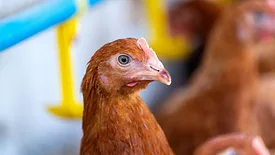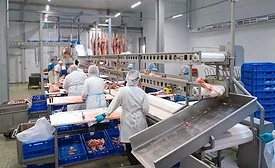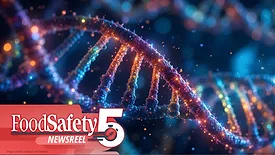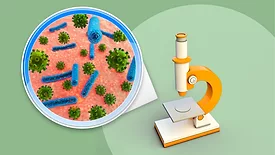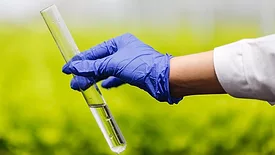Home » Keywords: » Salmonella
Items Tagged with 'Salmonella'
ARTICLES
Advancing Science-Based Approaches to Salmonella Control in Meat
Research and data-driven tools are being applied to reduce Salmonella risk in meat production and processing
February 9, 2026
EVENTS
Webinar
12/4/25 to 12/4/26
Contact: Vania Halabou
Beyond Detection: How Integrated PCR Diagnostics Strengthen Food Safety in RTE Manufacturing
Sponsored Webinar
3/3/26 to 3/3/27
Contact: Vania Halabou
FDA/USDA Regulatory Updates: Food Safety Work Plans for 2026
Never miss the latest news and trends driving the food safety industry
Newsletters | Website | eMagazine
JOIN TODAY!Copyright ©2026. All Rights Reserved BNP Media.
Design, CMS, Hosting & Web Development :: ePublishing
